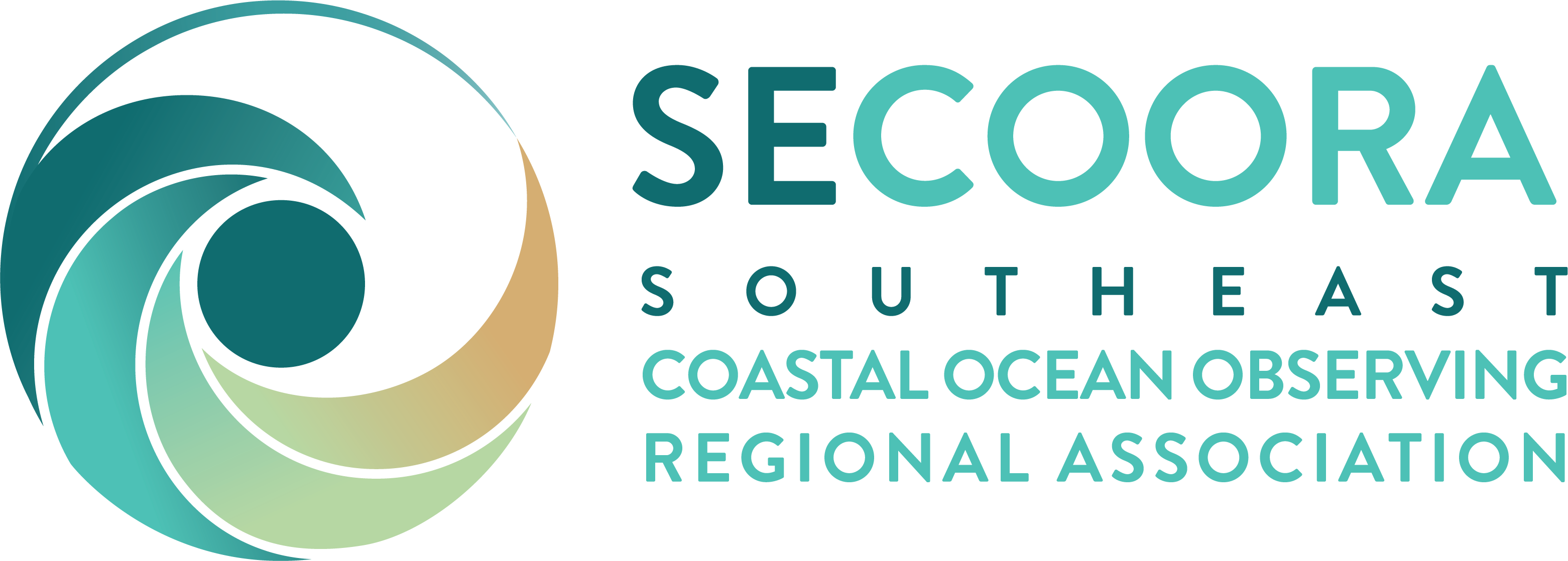Applying the Video and Images
WebCOOS cameras are collecting video and images which can be used for general coastal observing purposes. For example, our Point Reyes National Seashore camera is being used to allow users to view rehabilitated patient releases from The Marine Mammal Center. The camera at the South Carolina Maritime Museum in Georgetown, SC is being used to monitor river use on the Sampit River, people traffic at events, and to remotely evaluate flooding impacts during storms.
Example time lapse video from the South Carolina Maritime Museum Annual Boat Show on Saturday, October 21, 2023.For many cameras, the images and videos are also being further analyzed for uses such as identifying rip currents, monitoring beach usage, and studying beach erosion. The products of the analysis can be used by environmental resource managers, public safety and health officials, tourism officials, and local weather forecast offices. The links below provide details on how researchers in the Southeast are using algorithms, machine learning, and artificial intelligence to develop products specific to the uses below.
Rip Current Detection
Used to inform public of rip current dangers and issue alerts to lifeguards.
Read moreShoreline change
Used to identify potential dune erosion or overwash events, infrastructure risk, and limitations to beach access.
Read moreAutomated Beach Usage Detection
Provides information to coastal managers on how busy a location is during different times of the day, season, or year for planning purposes.
Read moreFlood Monitoring
Helps to document flooding impacts and provide realtime alerts for local communities.
Read more